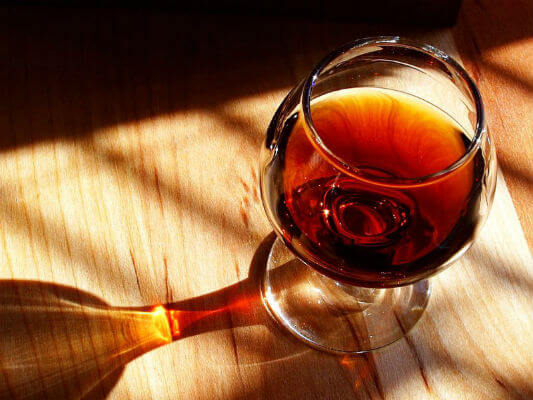Text João Barbosa | Translation Bruno Ferreira
The world’s best wine is portuguese, from my region, from my municipality, from my civil parish, from my village, and by chance, happens to be mine. This thought is shared, in general or in most part, by many portuguese.
Obviously, there’s no such thing as «world’s best wine». Localism is something very portuguese and, when not rude, it pleases me because it generates discussion and information exchange between the divergent. I like the spirit (if healthy) of family, clan, tribe.
I think it’s unanimous that Portuguese wine has never been as good as it is nowadays. However, there always has been wines of excellence. Before oenologists existed, divine nectars were already being manufactured. Nature’s merit, surely, but mostly producer’s.
The ancients were not stupid. They knew what they were doing and, surely, knew things that are presently unknown to many experienced professionals and services.
I’ll give an example unrelated to wine. A friend had, at a given time, a workshop of silver, for antiques restoring and reproductions of quality. He hired a group of goldsmiths of renowned quality and name. But, when the work piece had its origins from remoter times than XVIII century (inclusive), they didn’t always knew what to do.
Some evils of this country are the lack of archives, by sloppiness, earthquakes, seaquakes, fires and war pillages. Beholding the despair and the craftsmen’s will to give up, my friend mustered the team and declared:
– Dear friends, the ancient were not stupid, as we’re not stupider than them. If «these» things were done it’s because it was possible to do them. If it’s possible to do them, we’ll do them. There’s no other choice.
He searched and found bibliography and information sources. Studied the pieces. The officers and masters read, digested and, after a while, they were working on reproductions or artefacts’ restoration whose technical knowledge had been lost.
Pomegranates engraft in orange trees, with benefits, though the reverse isn’t possible – nor doable. It’s strange, because they’re not from the same family. I don’t know a single agronomist who can explain it.
The ancients knew, empirically, that, growing vegetables near vineyards had benefits, aside of being a food supply. That apple trees (Colares) counterbalance the wear caused by the vineyards, believing in what a man from the region told me.

Wine in wikipédia.org
I hope I never lose this continuous dazzle I have over the wine things and the tilling – of nature and man. Madeira wine is wonder (without the article, as the medievals would put it) to see, when knowing its sufferings.
My 45 years of existence allowed me to «see» a bunch of undrinkable new and old wines, but also pearls. Today, with all the knowledge and qualified manpower it’s easy to find a good wine. Something that wasn’t true, that’s why I delight myself with archaeology and/or museology oenological pieces.
I know I’ll be buffeted for only naming some and those more recently revealed, but here goes: the Taylor’s Scion, the Taylor’s Single Harvest 1863 or the Moscatel de Setúbal Superior 1911 are colossuses. Sogrape is about to celebrate Sandeman’s 225 years, so hopefully there’s another great wine on the way, in the line of Kopke 375 which marked the house’s anniversary.
The life of these wines, all fortified, is naturally longer. However, among the «normal» there’s, for exemple, excellents Bairrada, Dão and even Alentejo…
Back to the beginning, to the love to the land, which blurs logic and common sense; an alentejano producer released, one year ago (two or three) a fortified that aged 8 years in barrels. The launching price rivaled with the Porto wine 20 years.
Alentejo is Douro – in the excellence conditions for this genre as in the percepted consistent quality. The price of the fuggy alentejano was presposterous. That I know of, it sold out. To whom? To those who believe that the wine from their region is Portugal’s best, perhaps the world’s.




Leave a Reply